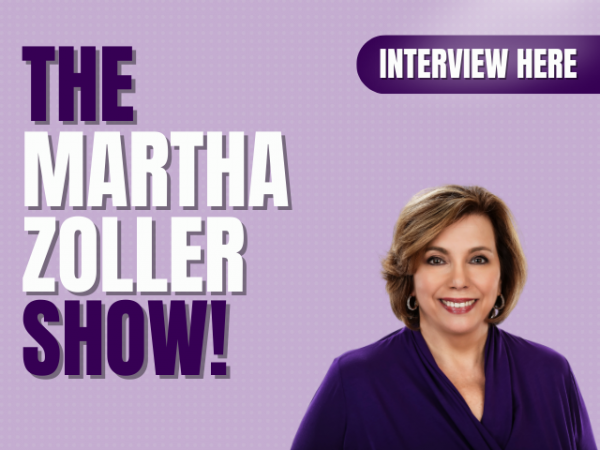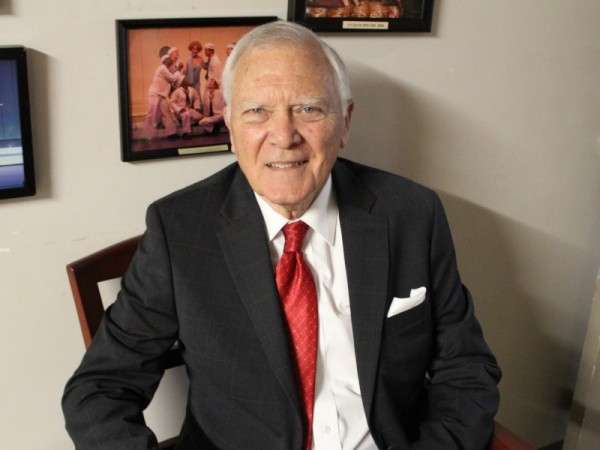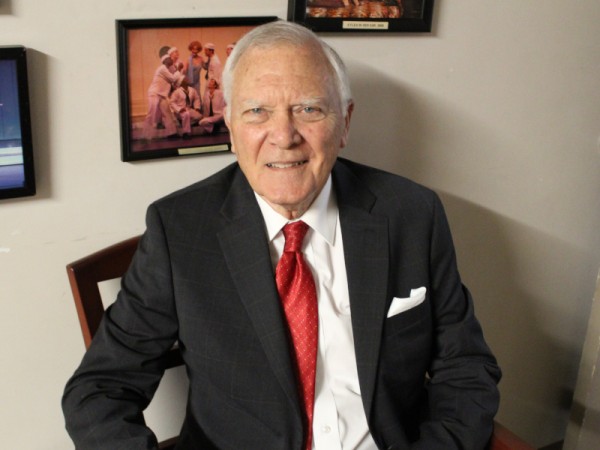ATLANTA (AP) Ride-hailing services such as Uber and Lyft, which connect riders with drivers by means of a smartphone app, will soon have to comply with some Georgia regulations under legislation signed Wednesday by Gov. Nathan Deal.
Surrounded by young Uber drivers in black T-shirts and Lyft drivers wearing pink, Deal signed into law House Bill 225, sponsored by Rep. Alan Powell, R-Hartwell, and House Bill 190, by Rep. Rich Golick, R-Smyrna.
Starting July 1, Deal said, the bills will protect riders as well as drivers and fill ``gaps'' in state law regarding insurance coverage and passenger safety in the for-hire industry, which includes taxis and limousines.
The bills also require ride-hailing companies to register with the Georgia Department of Public Safety.
The ride-hailing firms are being sued in some states by cab drivers and state officials, and they have battled regulators for years.
Georgia lawmakers approved the bills in the recent session but sponsors didn't get all they wanted, such as mandatory fingerprinting of drivers to ensure they don't have criminal records.
Uber, Lyft and other ride-hailing firms do their own background checks of drivers using private investigating companies that do not require driver fingerprints.
Powell has said repeatedly that no background check, regardless of its thoroughness, is good enough unless drivers are fingerprinted. The Georgia Bureau of Investigation and taxi and limousine associations also have taken that position.
Ride-hailing companies are fighting lawsuits in Atlanta and other cities from cab drivers, taxi and limousine companies.
They also face multiple regulatory and legislative challenges in other states.
Uber, for example, announced Tuesday it was pulling out of Kansas after the Legislature imposed new regulations on the company's services.
The company made the decision because of a measure requiring drivers to undergo background checks through the Kansas Bureau of Investigation. The Kansas Legislature also wanted Uber to hold additional auto insurance coverage for the period in which drivers have turned on the mobile app.
Georgia's new mandates require $1 million in insurance coverage to go into effect as soon as a driver and passenger strike a pick-up deal via smartphone apps.
Powell, who attended the bill-signing ceremony, has said ``you'd have to be crazy to employ people who haven't been fingerprinted because you'd only be one disaster away from being sued.''
Deal said that under current Georgia law, ``if a transportation network company decided to drop their insurance coverage for drivers, they would not be in violation of the state code and neither the insurance commissioner nor an effective consumer would have any recourse in the case of an accident. We are closing those wide gaps.''
He said the bills also bring ``clarity to improve the evolving marketplace for the protection of insurers, policyholders and businesses.''
He said it's important to make sure drivers are right for the job, and that consumers are assured they have safe drivers.
Deal said the two bills balance passenger safety with the industry's ``popular and innovative approach.''
Uber has said it has about 5,000 drivers, whom it calls driver-partners, in Georgia.
Saturday
April 19th, 2025
12:54PM

















